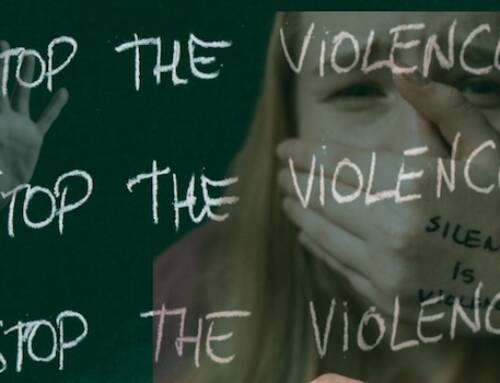
Nigerian Prisons System And The Right To A Fair Trial Within A Reasonable Time
In a prison cell in Apapa Correctional Facility, Ebuka who has been arrested for petty theft for over seven years sits close to the window, awaiting the moment in which his case would be tried. It has been seven whole years of serving time in a congested, unpleasant cell without trial. Ebuka is not alone in this fate. There are many like him who have been locked up for up to two decades now, yet they have never seen the face of a judge—an action that obviously defies their right to be tried fairly and timeously, invariably leaving them at the mercy of the whims and caprices of the prison guards.
What Does A Fair Trial Within A Reasonable Time Envisage?
Section 36(1) of the 1999 Nigerian Constitution guarantees the right to a fair hearing in the determination of civil rights and obligations, requiring that a person be heard within a reasonable time by a court or tribunal established by law and constituted to ensure independence and impartiality. This therefore raises two key elements that must be met.
The trial must be fair and impartial.
Article 14 of the International Covenant on Civil and Political Rights (ICCPR) solidifies the rights to fair hearing and a fair trial. Moreso, the Merriam Webster Dictionary defines a fair trial as a trial that is conducted fairly, justly, and with procedural regularity by an impartial judge and in which the defendant is afforded his or her rights. This therefore presents a fair trial as a trial which must be public, with the defendant being accorded his right to fair hearing and the said trial being conducted before a competent court or tribunal that is capable, independent, and impartial.
The trial must be held within a reasonable time.
There is generally no hard and fast rule as to what constitutes “reasonable time” and it is therefore interpreted based on the peculiar facts and circumstances of each case. The Benue State University Law Journal (2019/2020) notes some pointing factors to include: the nature and complexity of each case, the availability of competent courts, time taken by the parties to introduce evidence, et cetra. Bearing this in mind, the court in Yerima v Borno Native Authority held that the trial of the defendant was not conducted within a reasonable time when the prosecution knew all the witnesses and the case to be brought against the defendant in a murder charge but kept the defendant for a whole year without arraignment.
It is therefore logical to conclude that in cases such as Ebuka’s—which are a vast occurrence—where it has taken up to seven years of confinement to even try, let alone convict him, bearing in mind the level of gravity of his offence, then the time is unbearably unreasonable.
But there is seemingly hope for them. A new wave of Nigerian young lawyers have arisen to the occasion
. As the Nigerian Bar Association (NBA) Blog reported on the 15th February, 2025, the Young Lawyers Forum (YLF), on February 14, 2025, led by Chairman Timothy Clement, visited the Kuje Correctional Facility as part of the statewide NBA-YLF Justice Project. Supported by Hope Behind Bars Africa, their efforts sought to secure justice for people who were wrongfully imprisoned and they offered free legal services to impoverished prisoners.They sought to guarantee fair trials in a timely manner, recognizing situations in which immediate legal action was required, particularly for those who had been fined but were unable to pay. With continued efforts to obtain the release of affected prisoners and advance a more equitable legal system, they highlighted the significance of judicial reform and the necessity for prompt justice.
The formal launching of the YLF Pro Bono Clinic was one of the event’s main highlights. This ground-breaking project aims to guarantee that no one is denied justice because of financial limitations, by institutionalizing free legal representation for those who cannot afford it.
The YLF’s efforts at Kuje Correctional Facility reflect the importance of legal aid, judicial reform, and the fight against prolonged detention without trial and their initiative shows the power of legal advocacy in transforming lives. These feats must truly be celebrated as this is what true democracy should be – a hand of grace and mercy to lead all persons to justice and an acknowledgement of their dignity and human rights. Now, Ebuka and other inmates with same fate can stand a chance at obtaining justice.
The strides of the Young Lawyers Forum bears the undertone of some sort of motivation to the Nigerian government to review the poor state of the correctional facilities and make them less congested and more inhabitable for detainees. More visible work should also be done to ensure that everyone is a beneficiary of a fair trial within reasonable time, including the lonely forgotten prisoner deep in chains, with no one to champion his course.
Olachi Angel Iwehee.





